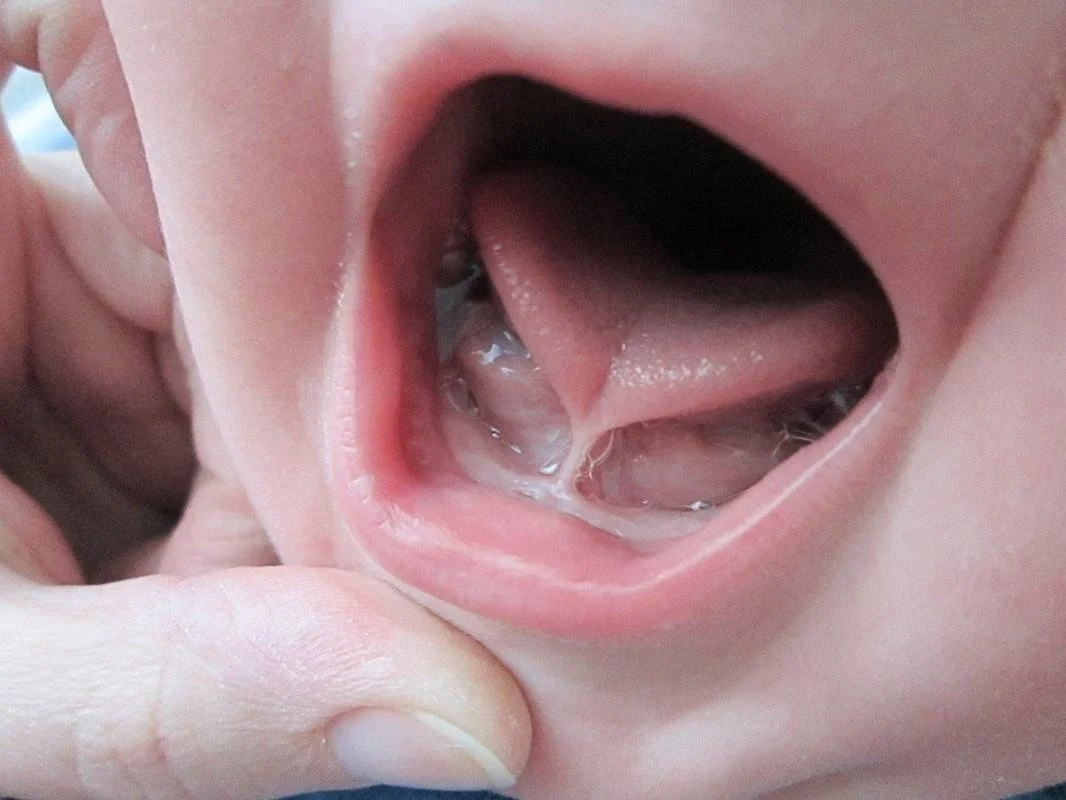
Tongue-tie, Lip-tie, and Nipple Pain: Why your baby’s mouth may be the reason breastfeeding hurts — and what can help
Breastfeeding should not feel like torture. If you’re getting cracked, bleeding, or burning nipples and nobody can explain why — even with good latch teaching and support — an oral tie (tongue-tie or lip-tie) may be a hidden piece of the puzzle. This post explains the connection in plain language, summarizes what the medical literature says, and gives practical next steps so you can get comfortable nursing again.

The Tongue Is More Than a Muscle: Why Its Function Matters (Even Beyond a Tie Release)
The tongue is often taken for granted — until something interferes with how well it works. In cases of tongue-tie (ankyloglossia) or oral ties, releasing the restriction (via frenotomy or frenuloplasty) can be a very important step. But that procedure alone is not enough. To truly restore function, one must understand what the tongue does and why restoring its full range of motion is so critical.

What Does an Airway Dentist for Kids Actually Do?
When most parents think of taking their child to the dentist, they picture cleanings, cavity checks, and advice about brushing and flossing. Those things are important, but an airway dentist takes pediatric dentistry a step further—focusing not just on teeth, but on how a child breathes and grows.

What It Means to Be “Patient Led, Doctor Supported”
At the Oral Tie Center, one of the guiding principles of our care is simple yet powerful: patient led, doctor supported. But what does that actually mean for you or your child when you walk through our doors?

What is a Tongue Tie? Understanding the Condition and Why Treatment Matters
Tongue ties are a condition that affects people of all ages, yet they are often overlooked or misunderstood. Many parents only learn about tongue ties when their baby struggles with feeding, but the reality is that tongue ties can impact children, teenagers, and adults as well. Addressing this condition early in life is important, but even later treatment provides significant benefits.
